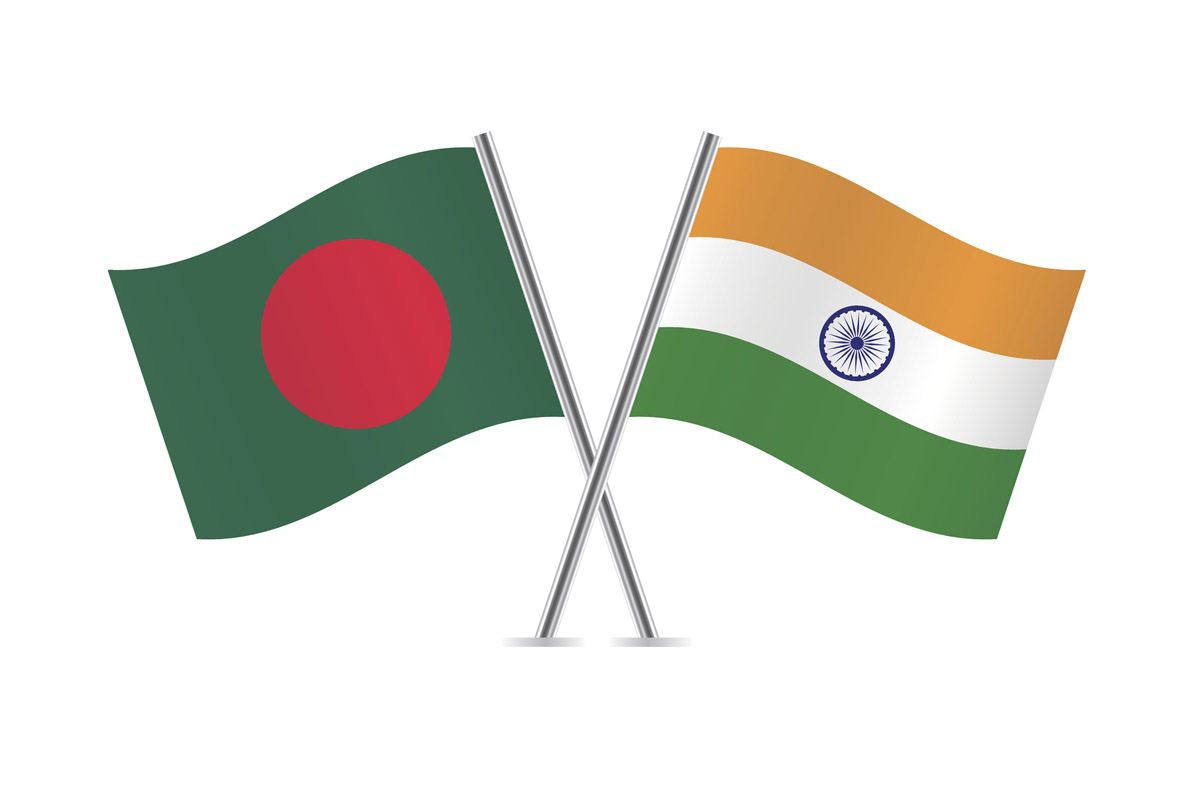First-ever Conference for Women Peacekeepers to take place in New Delhi from Monday
The first-ever Conference for Women Peacekeepers on the theme "Women in Peacekeeping: A Global South Perspective" will take place here from Monday.
Liberation was formalised on 16 December that year.

Photo: iStock
When Bangladesh Prime Minister, Begum Hasina, met India’s external affairs minister, Mr S Jaishankar, in Dhaka last Thursday both sought to prepare the ground for Prime Minister Narendra Modi’s visit to the eastern neighbour on March 25 and 26, indeed the days on which the liberation struggle began in parallel to the atrocities perpetrated by the Pakistan army in 1971.
Liberation was formalised on 16 December that year. Aside from the optics of the romantic euphoria ~ Sheikh Mujibur Rahman’s centenary and the 50th anniversary of the birth of Bangladesh ~ the bilateral ties are expected to be buttressed later this month with Mr Jaishankar affirming that relations will “transcend even our strategic partnership”.
Advertisement
If indeed the pledge attains fruition during Mr Modi’s second visit as Prime Minister, it will underline the geostrategic position of Bangladesh not merely in South Asia but in the broader Indo-Pacific region. Bangladesh is, therefore, central to India’s “neighbourhood policy” which can be contextualised with the Act East policy.
Advertisement
Indeed, following a meeting with the Bangladesh foreign minister, AK Abdul Momen, Mr. Jaishankar said: “Our comfort levels are now so high that there is no issue that we cannot discuss and resolve through amicable dialogue.” Chief among these ~ of which the likes of Mr. Modi and Mamata Banerjee are acutely aware of ~ are sharing of the Teesta waters, the relentless influx and its attendant irritant of fake currency by militants to destabilise India’s economy.
Fortunately, though, such thorny issues as the Citizenship Amendment Act and the National Register of Citizens are unlikely to figure in the next round of talks between the two Prime Ministers, not the least because of the election season in India.
With relations with Nepal on a roller-coaster, Bangladesh and Bhutan are arguably now India’s true friends within SAARC. Which explains why ~ as a curtain-raiser ~ India is now engaged in a diplomatic overdrive, indeed to ensure that Mr. Modi’s visit turns out to be a “very memorable” one.
Indeed, it will be his first trip outside India since the pandemic and his second to Bangladesh as Prime Minister. Among the issues that ought to be given an impetus are cooperation in addressing Covid, connectivity, trade, water, security, the porous border and the line of credit.
Cooperation during the peak of the pandemic was underlined by the Bangladesh foreign minister, most importantly in implementing the vaccination programme.
Advertisement